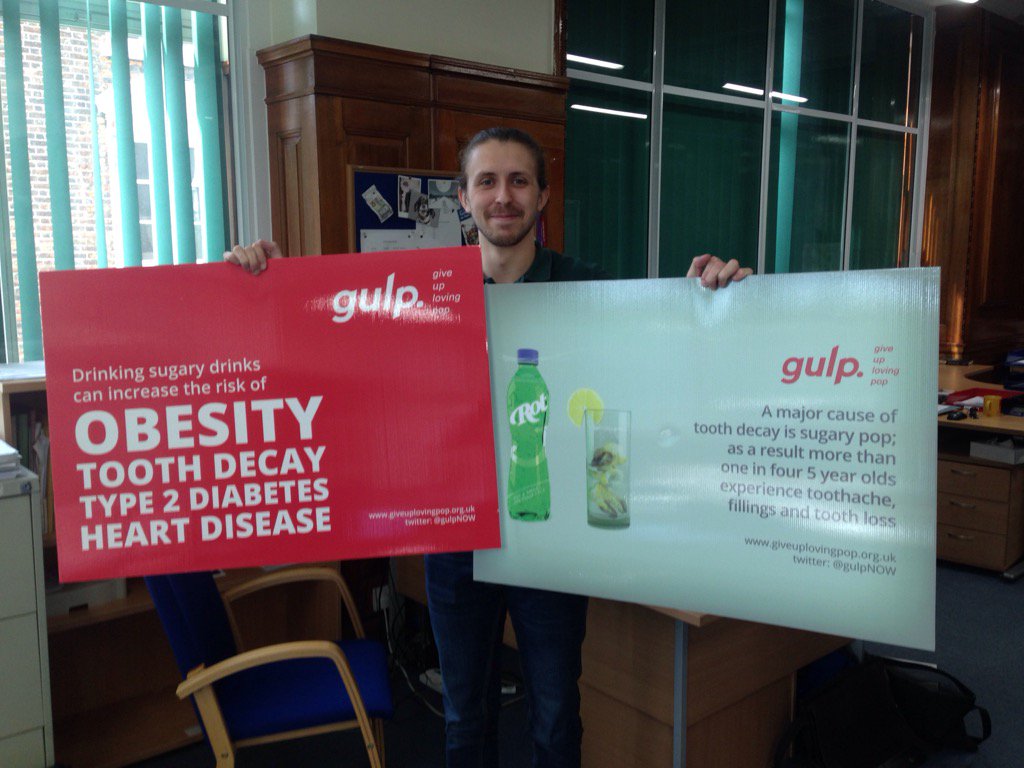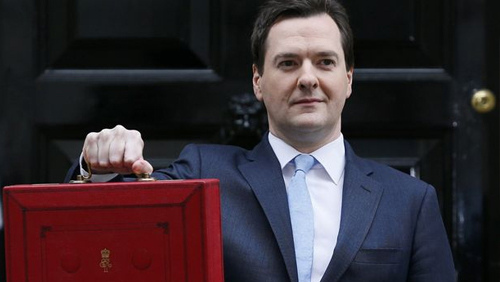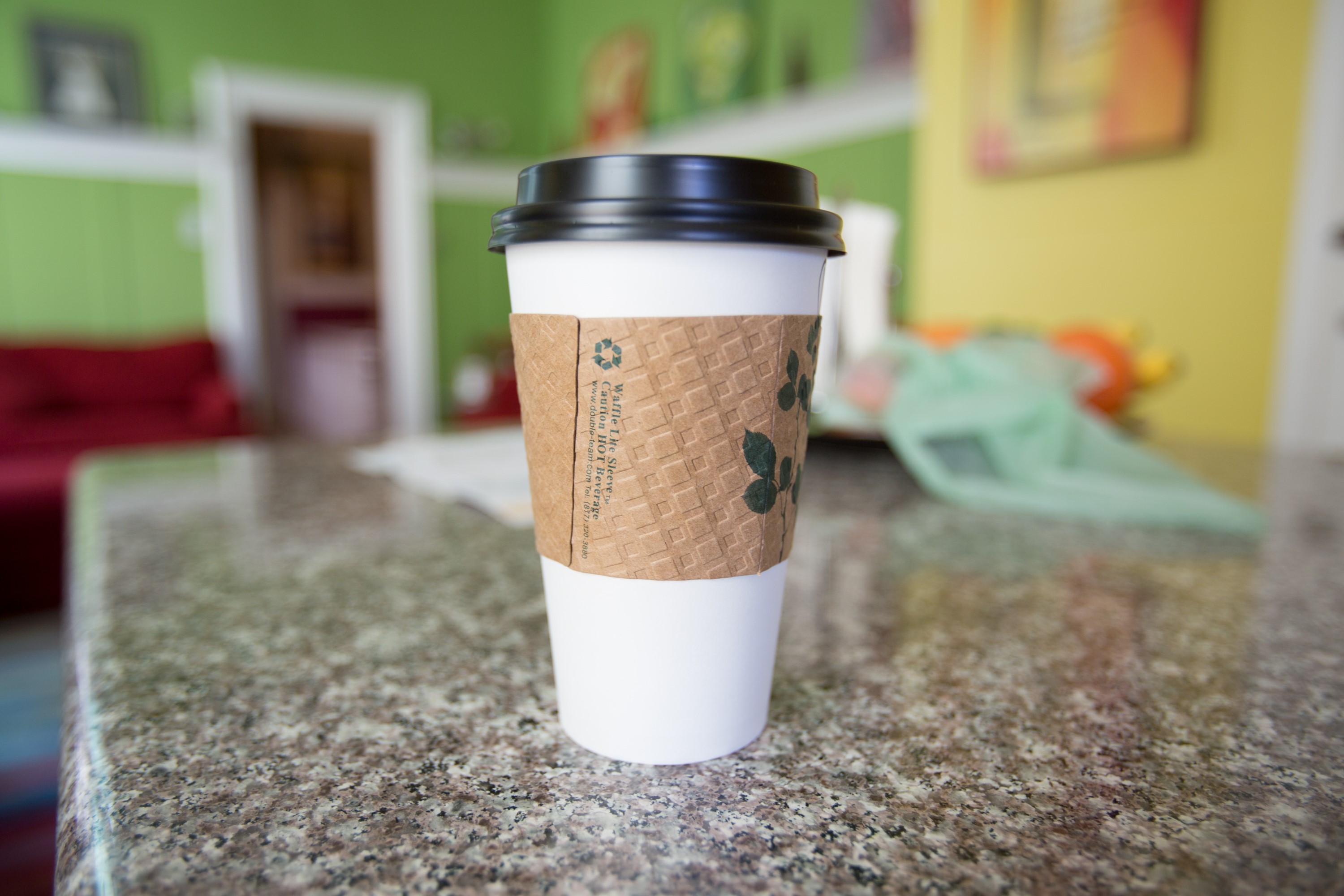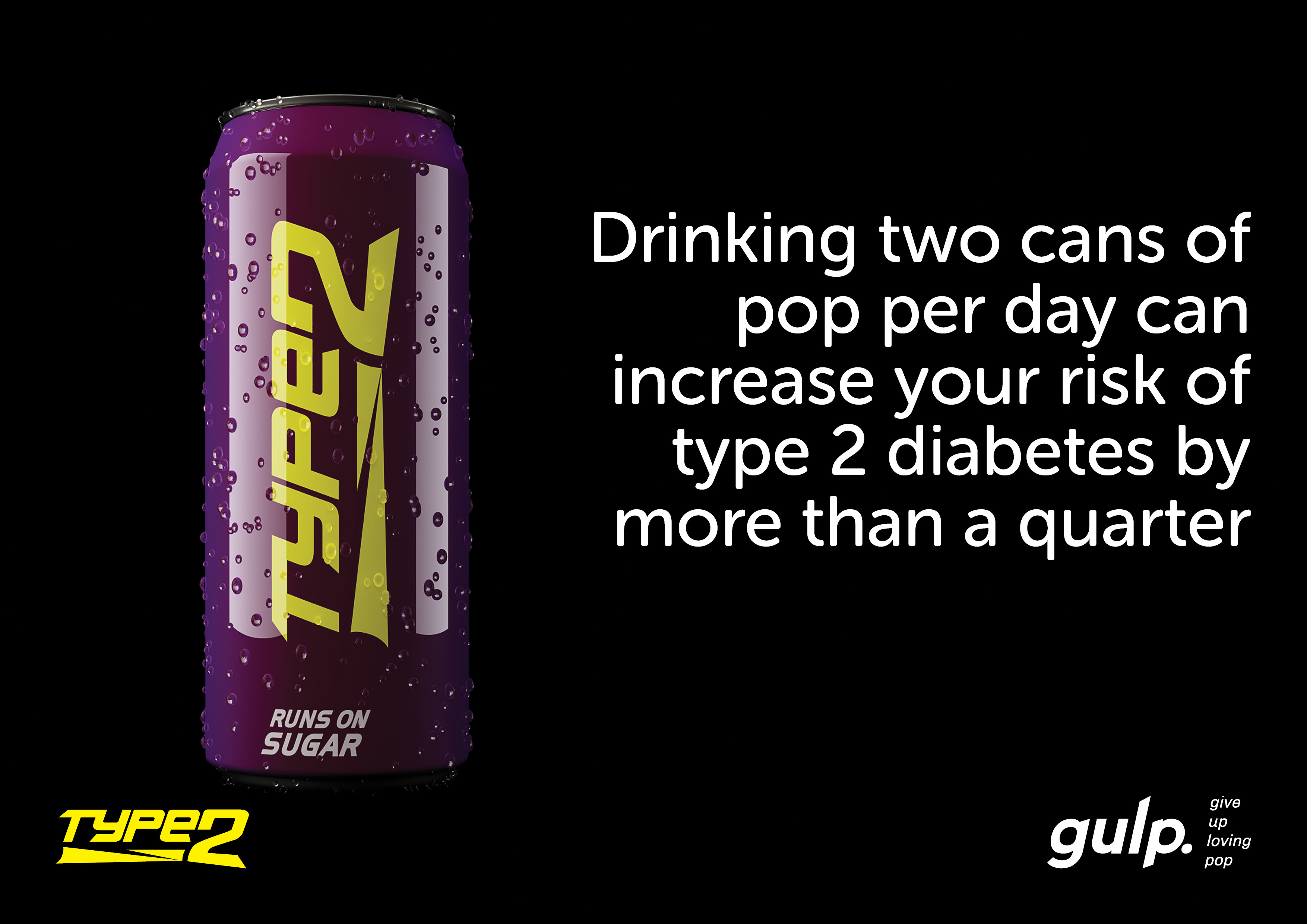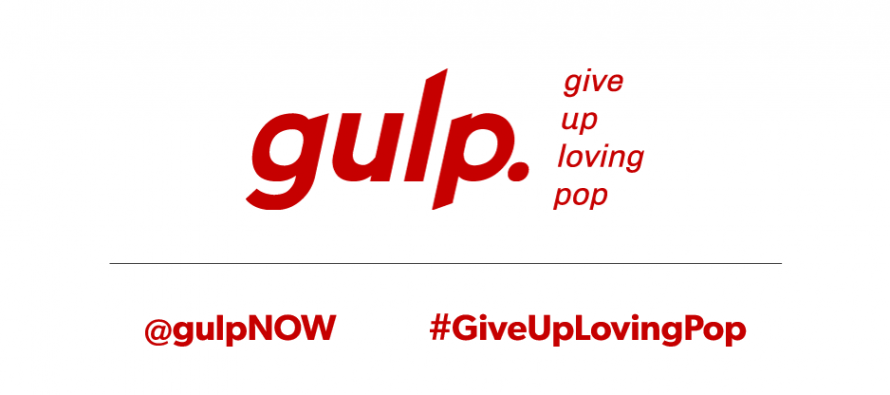
Rochdale Public Health with the Healthy Heroes campaign are in the final stages of preparing for a three week GULP challenge across two primary schools within the area.
This January, the Healthy Lifestyles team will visit the first St Luke’s C Of E Primary School, Heywood and Sacred Heart R C Primary School, Rochdale, to deliver an assembly for all year 4 and 6 students on the harms related to sugary drinks.
Pupils will be encouraged to sign up to the challenge in school and will receive a GULP water bottle and information leaflet to encourage them to complete the three week challenge. Parents, older siblings and staff will also be encouraged to sign up to the challenge using the online GULP portal and receive weekly, encouraging emails on how far they have come, detailing the calories, sugar and money they may have saved through switching to water. The healthy lifestyles team, Link 4 Life, will also deliver the GULP Key Stage 2 resources to year 4 and 6 pupils and other visual materials will be displayed around schools such as pop up banners, invitations and water bottles to promote the key messages of the campaign.
The first two schools will start in January, with the following two starting in the summer term in April with a view to roll it out to all schools in the near future.
Councillor Sara Rowbotham, the council’s cabinet member for health and wellbeing, said: “Improving the health of our borough’s children is a key priority for us, so I am very pleased and excited that our schools are taking this fun and fantastic step towards healthier lifestyles.
“We know that reducing the amount of sugar we eat and drink is a great way to prevent nasty illnesses like heart disease and type 2 diabetes developing in the future; so I’d like to urge everyone to take part in the challenge and even continue beyond to see what difference it can make to your health.”
Children in Rochdale experience some of the highest levels of dental decay in England, with a further 38% of them leaving primary school at an unhealthy weight. That’s campaigns like Give Up Loving Pop are so crucial to help raise awareness of the links between excessive consumption of sugary drinks and poor health outcomes, such as dental decay, weight gain and more. We hope that the GULP Campaign will really make a difference in the borough by helping children to make more informed, healthier choices in the drinks they consume and encouraging them to share this information to influence parents, siblings and friends with their drink choices too.
To read the full press release and find out more, follow this link to the Rochdale News website.
If you are a resident in Rochdale and want to take up the 3-week #GULPChallenge, there is still time to sign you and your family and friends up here!



